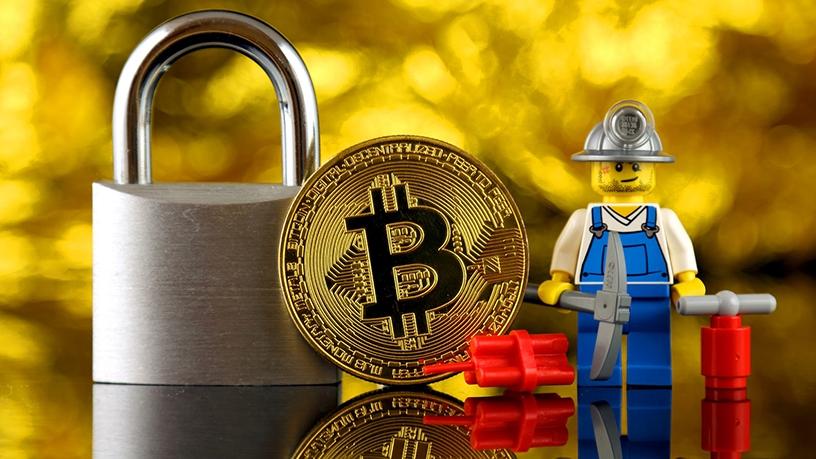
Although it is relatively expensive to mine crypto-currencies like Bitcoin in SA, there is a lot of activity in the emerging industry.
Local industry players told ITWeb that more and more South Africans are pooling resources and computing power to cash in on virtual currencies.
A recent report by Elite Fixtures shows it costs close to $6 000 (R70 000) to mine a single Bitcoin in SA. At the time of publishing, one Bitcoin was trading at R89 000.
Venezuela was named as the cheapest place in the world to mine a single Bitcoin at $530. This was followed by Trinidad and Tobago ($1 190), and Uzbekistan ($1 790).
Nonetheless, South African crypto-currency market players say although there is no guaranteed return on investment, they are witnessing a boom in as far as mining is concerned.
Big operations
Petri Redelinghuys, a trader and founder of Herenya Capital Advisors, notes he knows a number of people who have invested in Bitcoin mining hardware.
"I also know that South Africa, and Cape Town in particular, is considered one of the top 50 nodes in the Bitcoin network. In other words, there are big mining operations in Cape Town that process a significant portion of the transactions on the network.
"These two factors lead me to believe that mining is rather popular here, especially among the tech-savvy software developer community in Cape Town."
Farzam Ehsani, blockchain lead at Rand Merchant Bank, explains that the biggest input cost for crypto-currency mining is electricity, and therefore the price of electricity determines, to a large extent, the viability of crypto-currency mining.
"In South Africa, we don't have the cheapest electricity costs globally, but they are certainly lower than most countries and we've seen crypto-currency mining take off in this country," says Ehsani. "One needs equipment - miners - which can be GPUs [graphics processing units] or specialised equipment called Application Specific Integrated Circuits, conditioned space for those miners, electricity and an Internet connection."
According to Ehsani, while mining used to be done by individuals in the early days, people are now pooling their resources into "mining pools" and sharing the rewards.
However, he says, one should be wary of any scheme that guarantees a return. The return is based in large part on the price of crypto-currencies, and the advancement of the technology used to mine them, and electricity costs, he adds.
"All of these factors change - and if they are not in your favour, you could be left out to dry. People pay too much attention to the price of crypto-currencies and not enough to the enormous potential they hold to transform financial systems and the very nature of how we engage with others across our planet.
"Stay humble. Ask questions. Be open to a glorious financial system that caters to humanity's needs more than our current one does."
Redelinghuys urges that those interested in mining should do a great deal of research before purchasing hardware, in order to make sure they are buying from reputable vendors.
Also, he adds, they need to remember the software is open source and no third parties are required in order to mine Bitcoin.
According to Redelinghuys, companies are doing initial coin offerings in order to fund very large mining operations. "There is a company in Russia, for example, setting up one of the world's largest Bitcoin mining operations inside a huge old military bunker inside a mountain. It seems like Bitcoin mining is starting to move toward 'industrial-scale' operations.
Running costs
According to Bitcoin ZAR, one of the current popular Bitcoin miners out there is the ANTMINER S9 11.85TH/s Bitcoin miner, selling for around $1 442 (R21 000), on the manufacturer's Web site and around R45 000 locally in SA.
This miner uses a 1 500W power supply and needs to run 24 hours a day, so costs a lot to run.
"Depending on your total monthly use, what you pay per kWh is on a sliding scale, but you will probably be on the top end of the sliding scale once you start mining Bitcoin."
It explains that 1 500W consumes 1.5kWh per hour, so 1.5 kWh x 24 hours a day x 30 (average days in a month) equals 1 080kWh per month in electricity consumption for this miner.
"No matter how much Bitcoin you can mine each day, and how much it is worth, you are not profitable until you have earned more Bitcoin than you have spent on your hardware, electricity, Internet, or any other costs you might have, like rent, customs fees, or even petrol. You need to first cover the cost of your mining hardware and all running costs before you are profitable," Bitcoin ZAR says.
Share